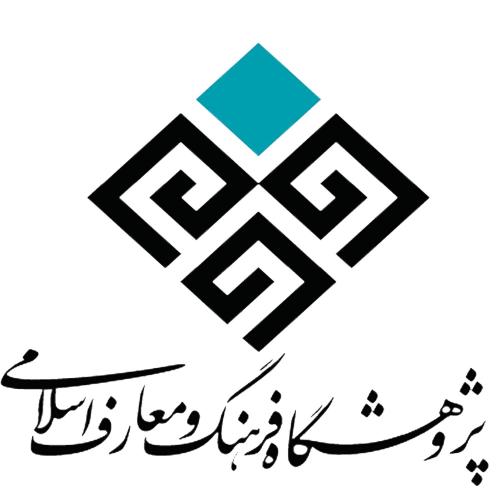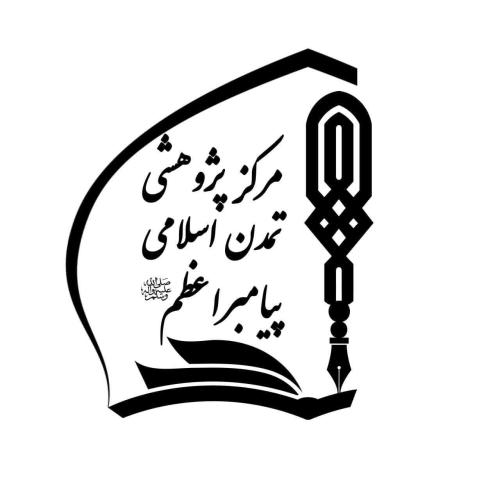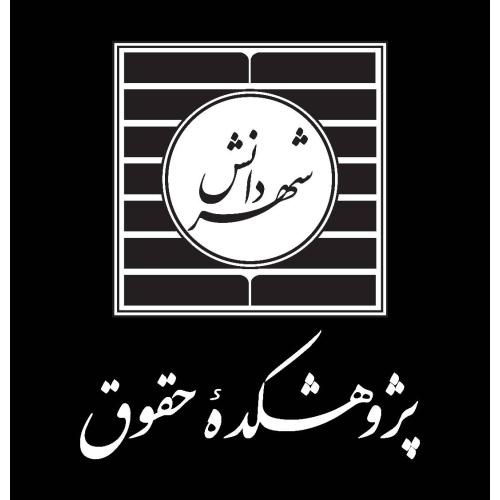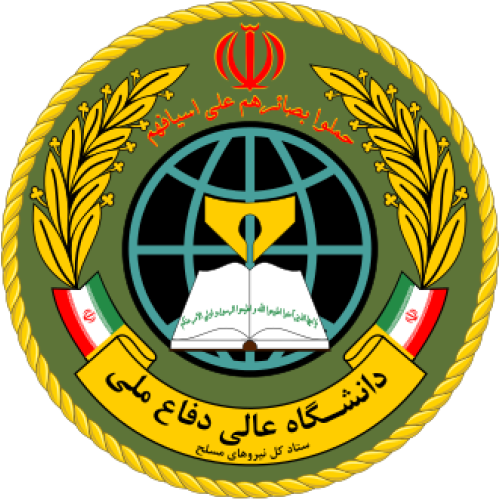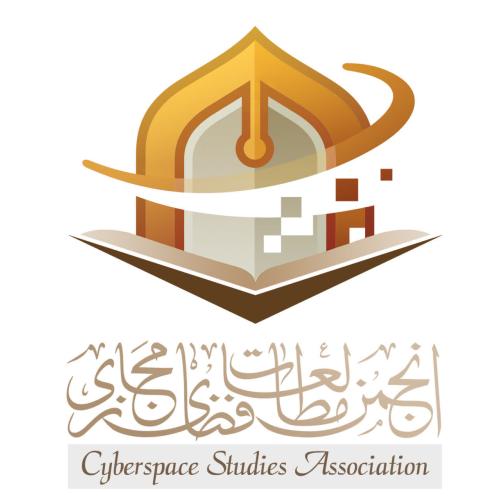-
1. مفهوم، مبانی و چارچوبهای حقوق ملت و آزادیهای مشروع در نظام جمهوری اسلامی ایران و مقایسه آن با سایر نظامهای حقوقی
-
2. سازکارها و الزامات تأمین و تضمین حقوق ملت و آزادیهای مشروع
-
3. دستاوردهای نظام جمهوری اسلامی ایران در زمینه حقوق ملت و آزادیهای مشروع
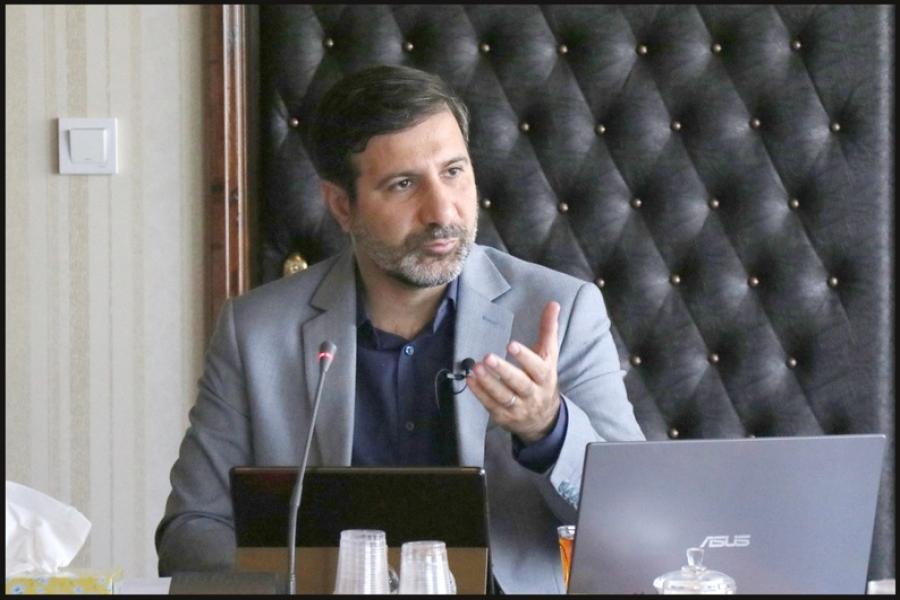
Tehran – Dr. Hadi Tahan Nazif, legal scholar and spokesperson of Iran’s Constitutional Council, emphasized the central role of citizen participation in governance.
Addressing the 42nd pre-conference of the International Conference on Humanity and Freedom, Dr. Tahan Nazif highlighted that in the Islamic system of governance, shaped by the Islamic Revolution, both the people and religious principles are indispensable.
“The people play an irreplaceable role, and legal and religious norms form the foundation of governance,” he said, noting that this approach reflects the teachings of Imam Khomeini and the Supreme Leader and has been implemented in practice.
According to the Iranian legal scholar, citizens bear responsibility for managing society and shaping the destiny of the Islamic community. “This represents a broad social engagement and mutual accountability,” he said, adding that religious authorities describe this civic responsibility as the “guardianship of Muslims over one another.”
He stressed that public participation is fundamental to the Islamic system and that the system itself recognizes the people’s essential role in governance.
Dr. Tahan Nazif emphasized that citizens must actively participate in political processes, particularly elections. “Participation serves as a form of consultation with the government. Both Imam Khomeini and the Supreme Leader have consistently highlighted its importance,” he said.
He added that active civic engagement embodies the Islamic principle of “enjoining good and forbidding wrong” and promotes just governance, national progress, economic growth, social well-being, technological advancement, and judicial fairness. Conversely, lack of participation can weaken the political system, Islamic culture, and the economy.
Citing Leader of the Islamic Revolution Ayatollah Seyed Ali Khamenei, Dr. Tahan Nazif noted that Islamic governance cannot succeed without public involvement.
“No government, including Islamic leadership such as the Prophet Muhammad (PBUH) or Imam Ali (AS), can function without popular support,” he said.
He highlighted that the Islamic system values the dignity of citizens and relies on them to administer society effectively.
“No official or thinker has emphasized public participation in Iran’s Islamic Republic more than the Supreme Leader.” He cited the four strategic guidelines issued by the Leader ahead of the 12th parliamentary elections in 2023, with citizen participation as a central focus. He also called for reviewing general election policies issued in 2016 to ensure they encourage political engagement.

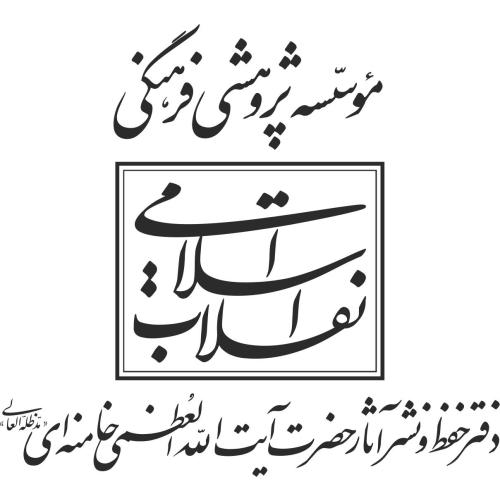
.png)
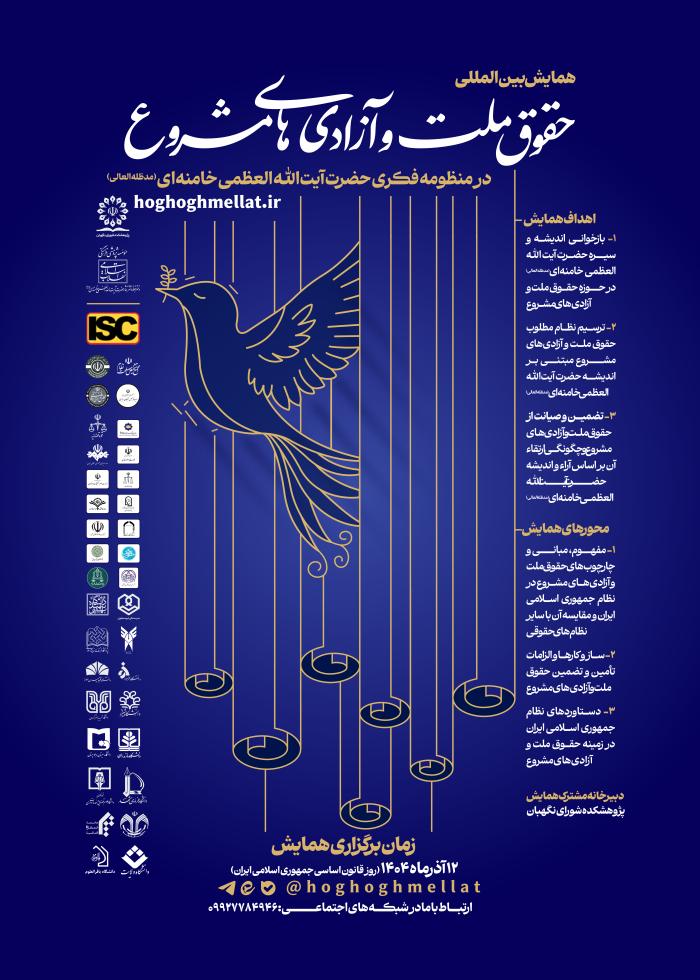

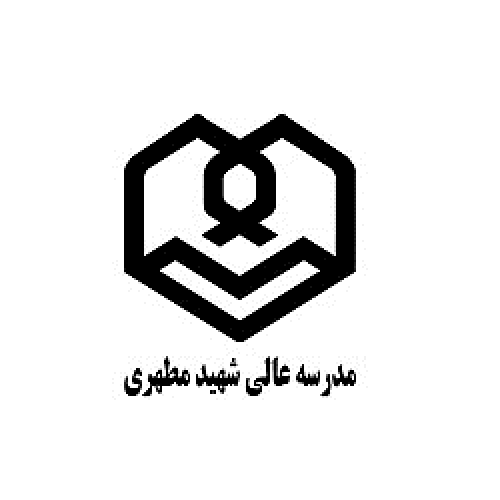
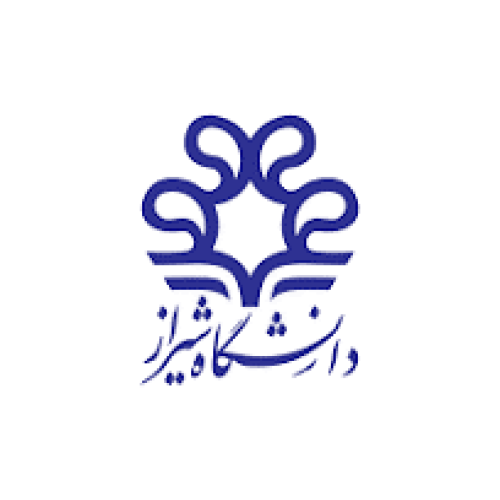
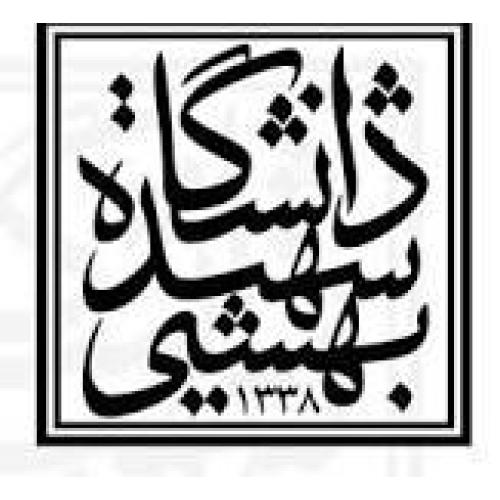
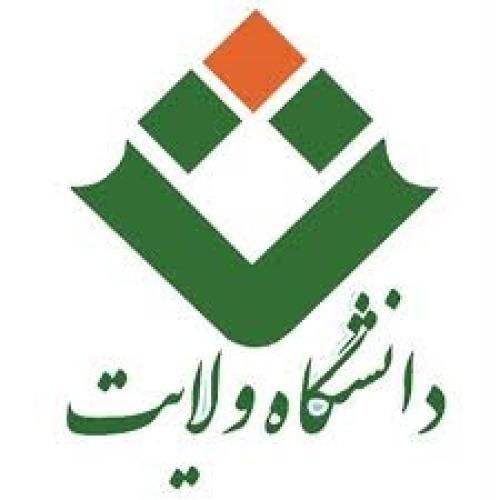
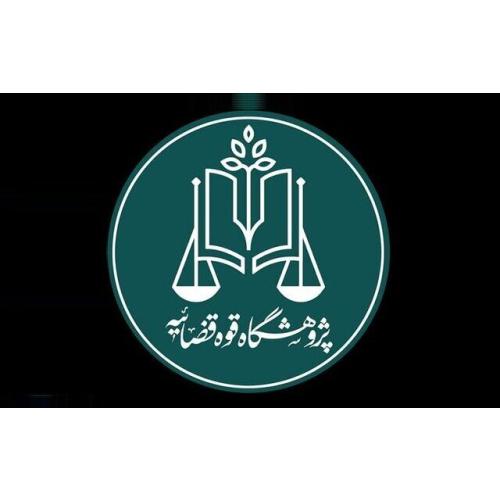
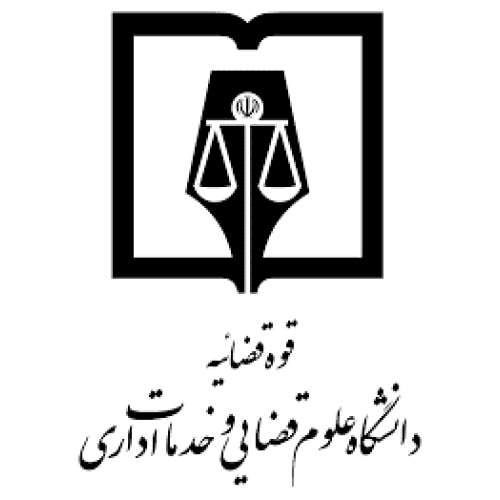
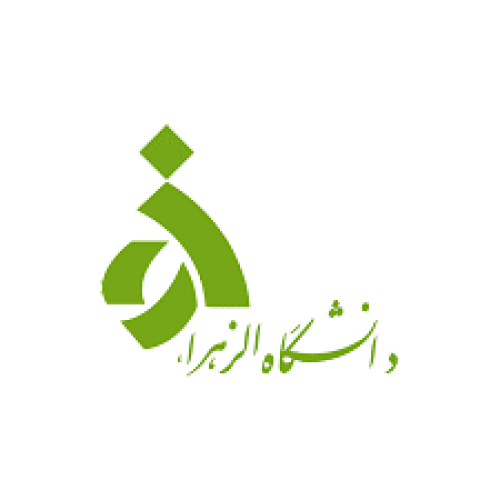
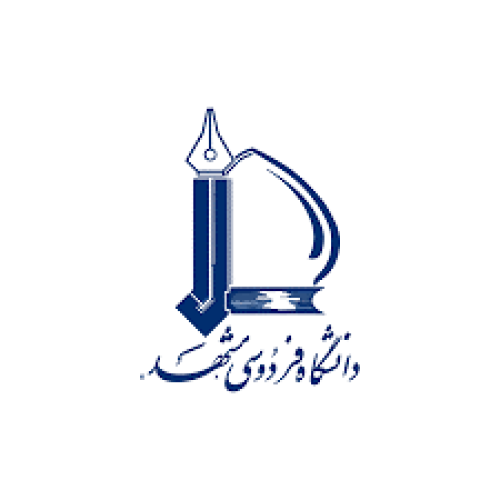
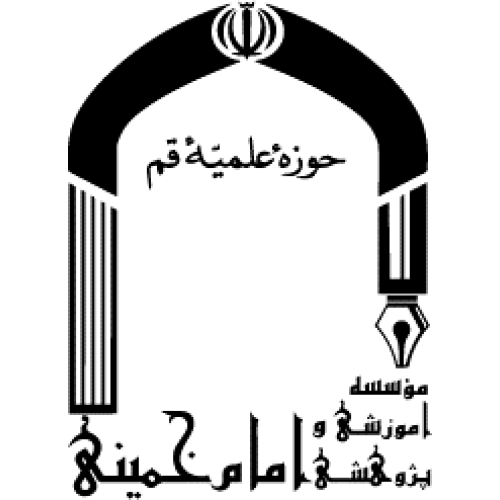

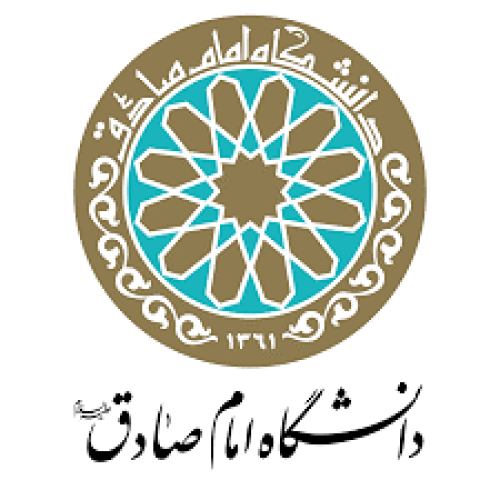
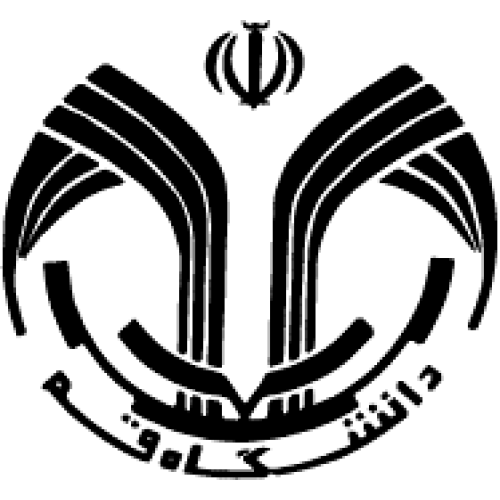
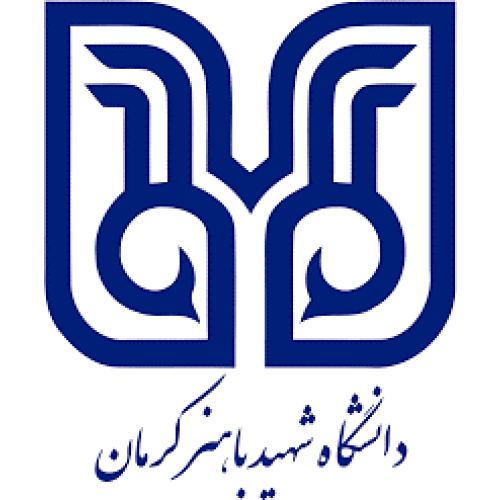

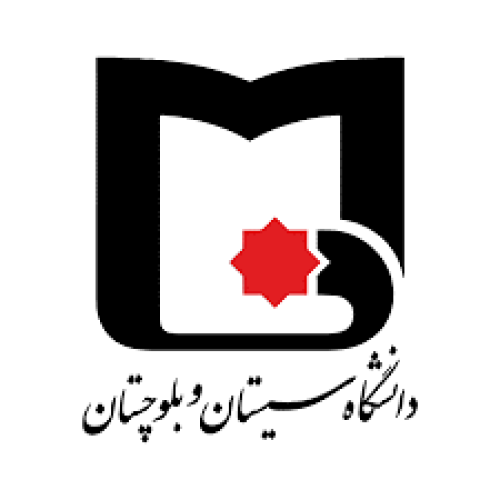
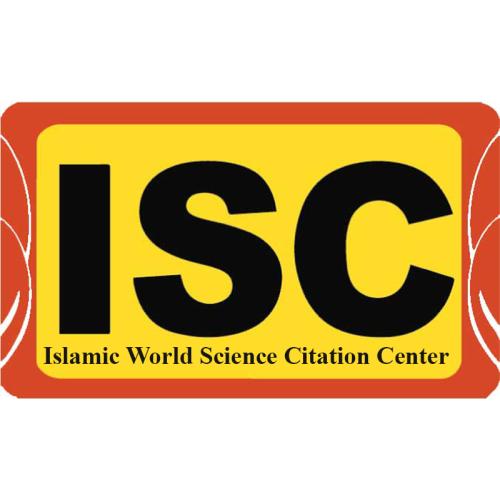
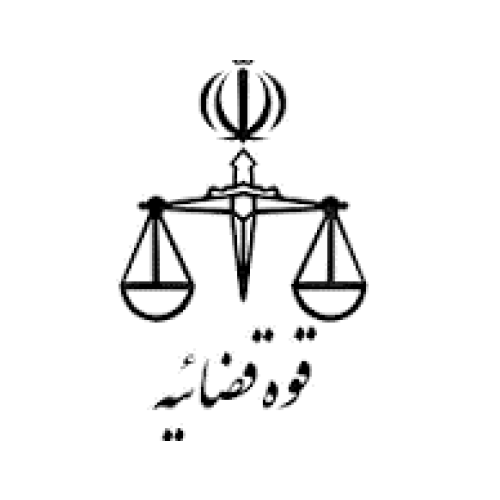
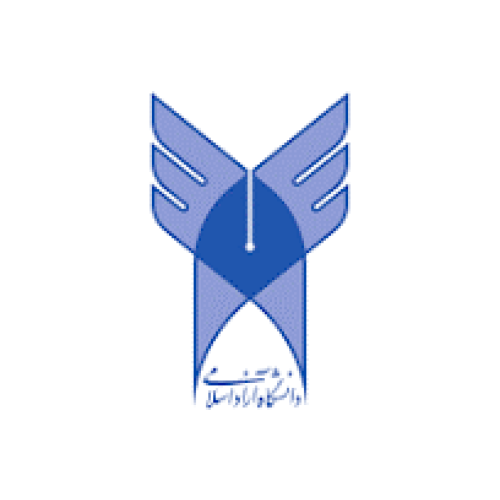
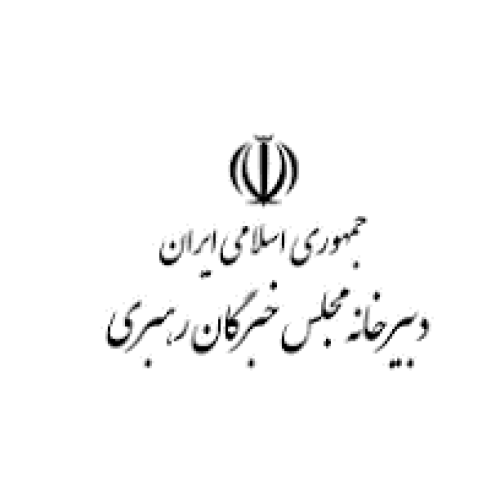
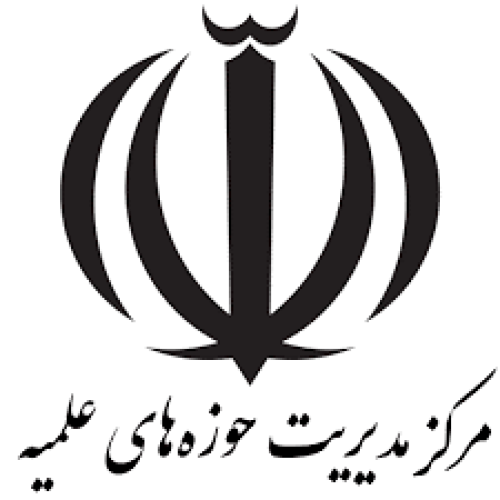
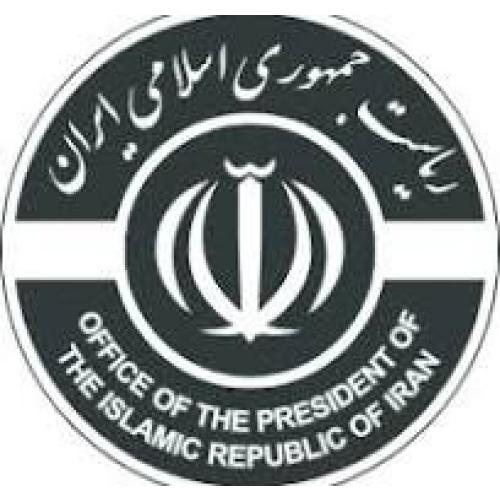
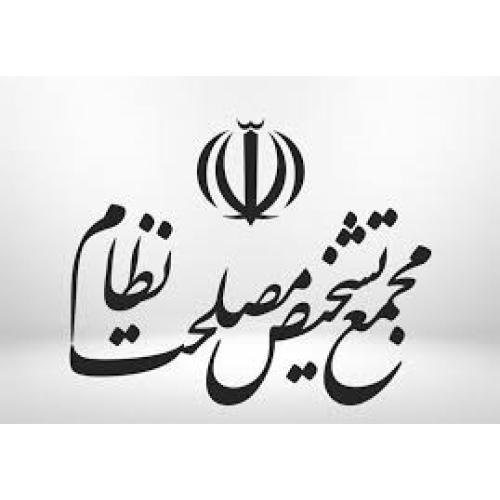
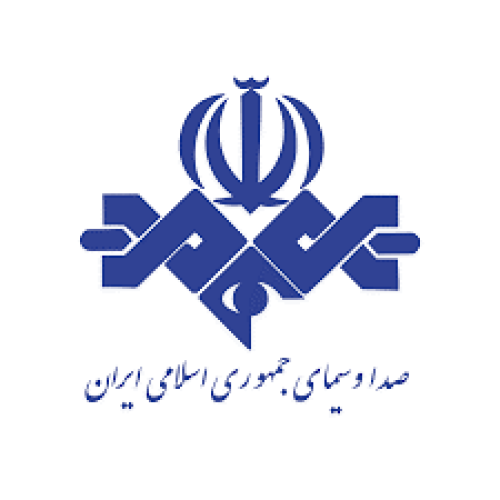
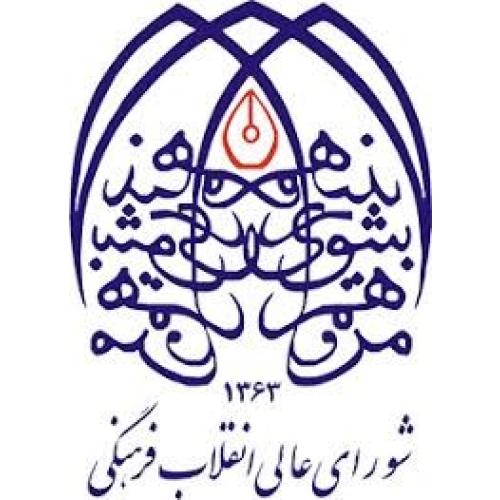
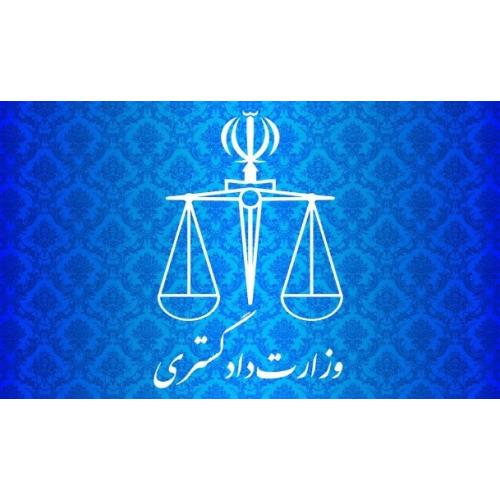
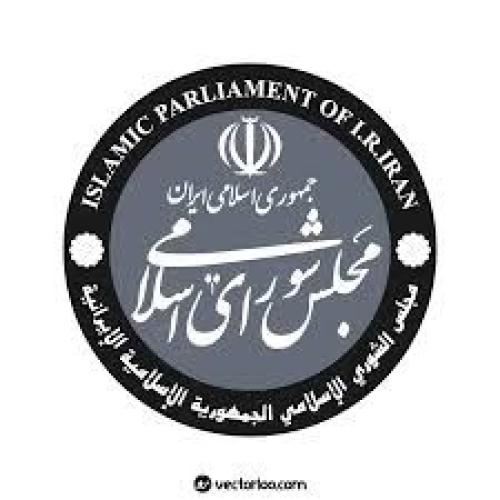
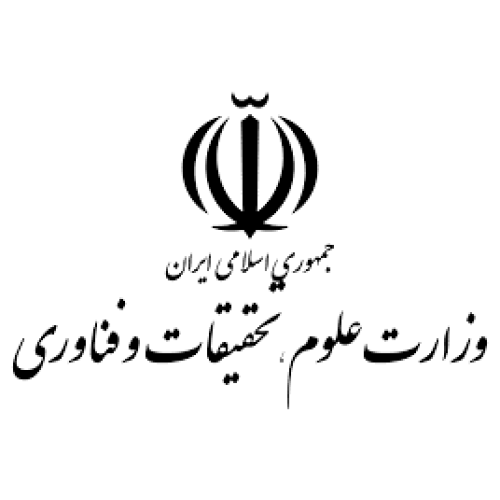

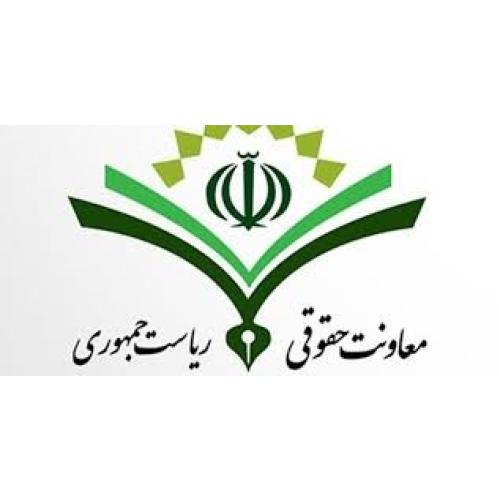
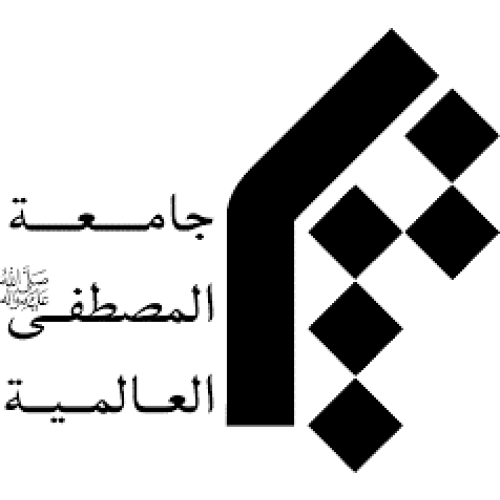
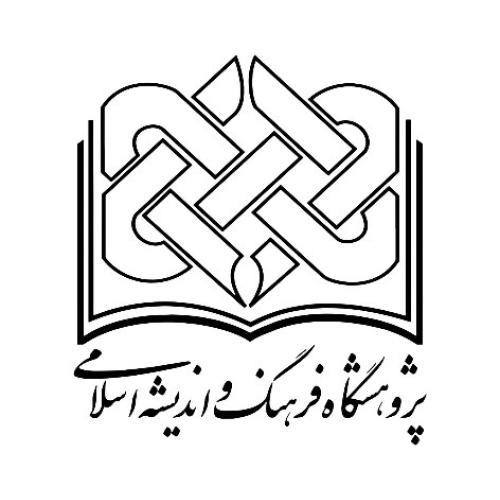
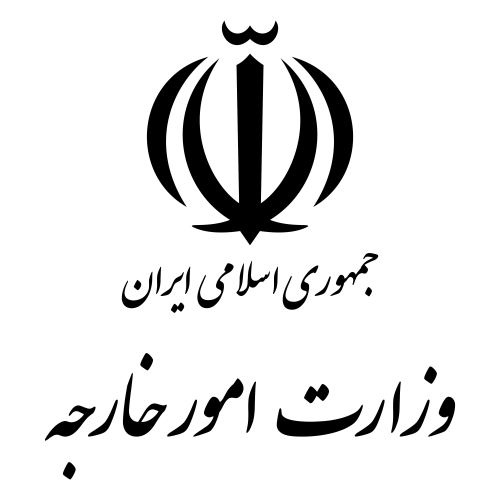
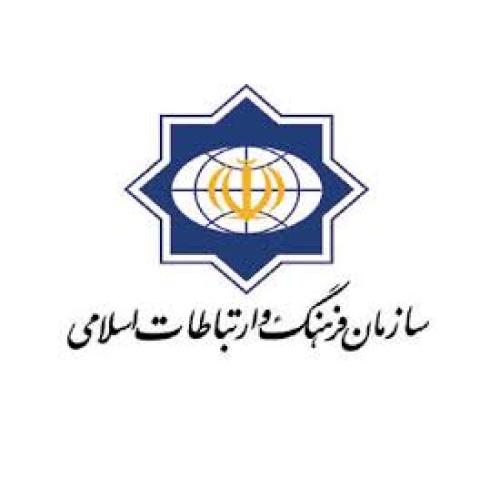
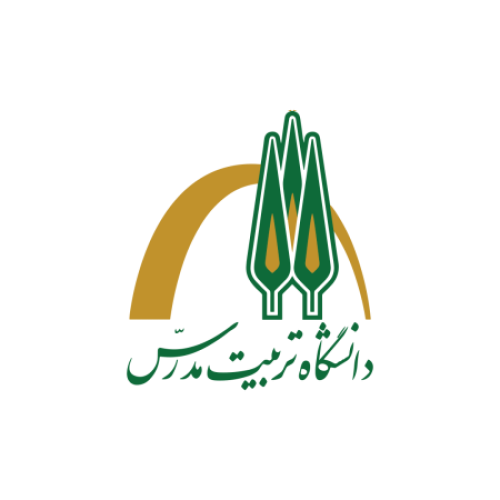
.png)
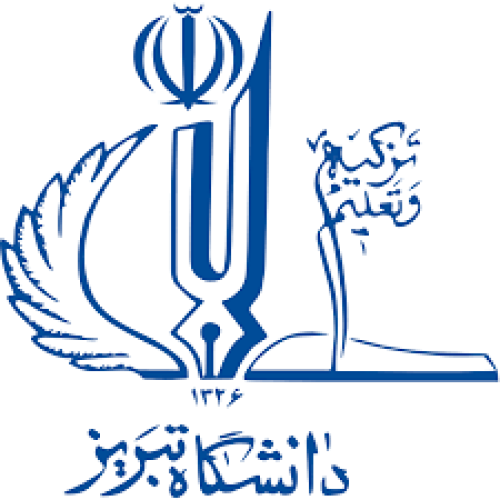
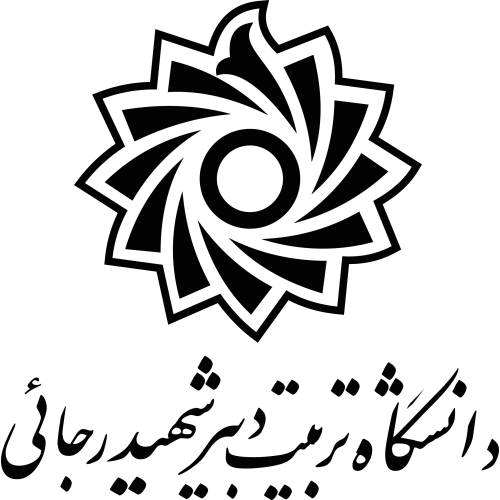
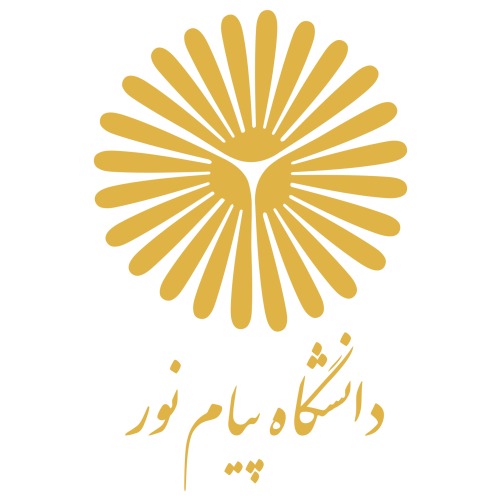
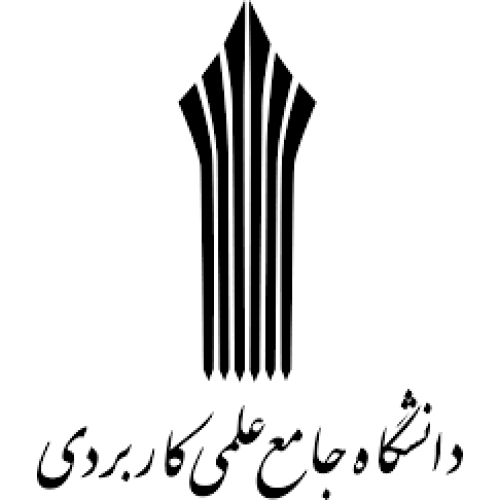
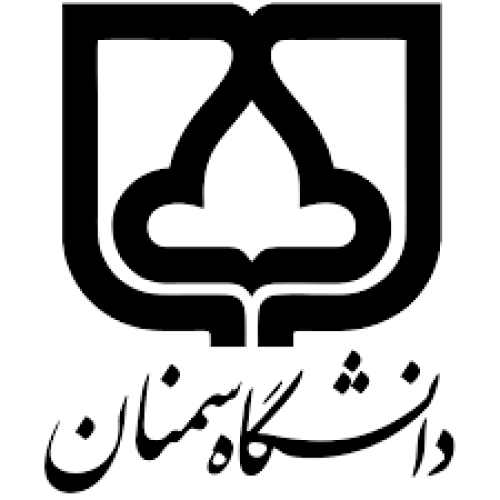
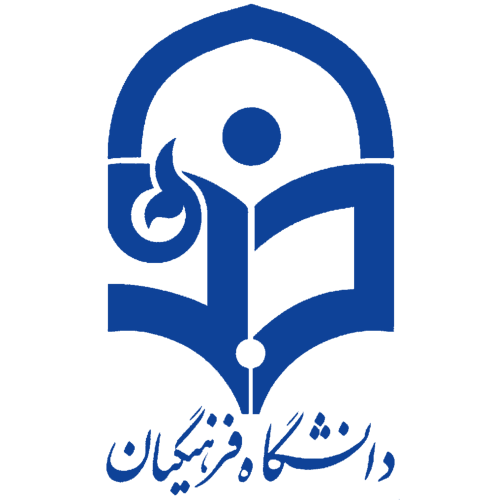
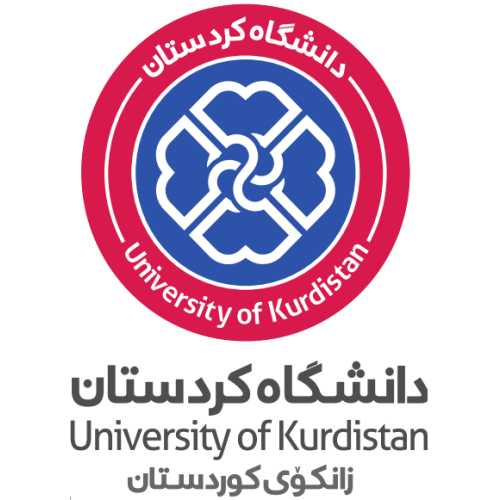
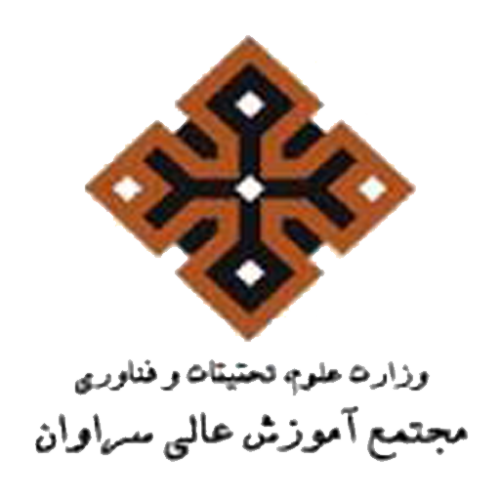
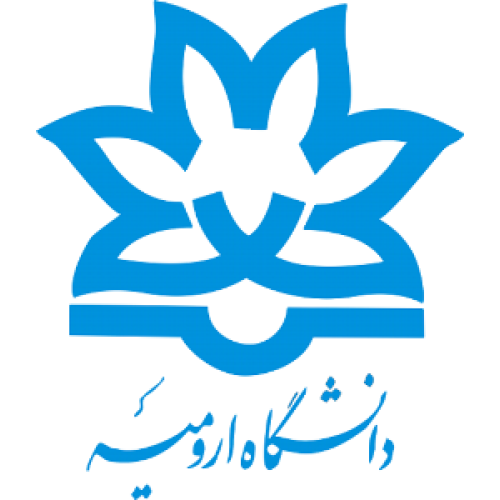
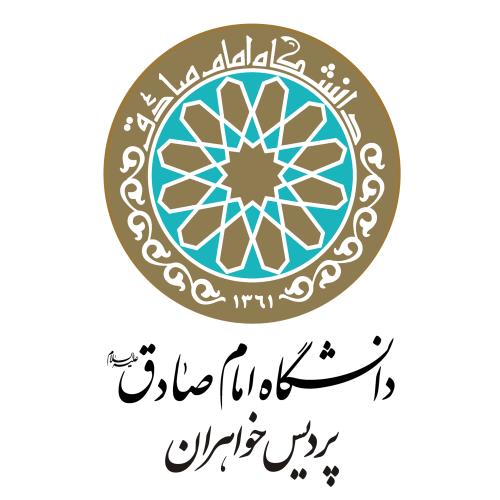
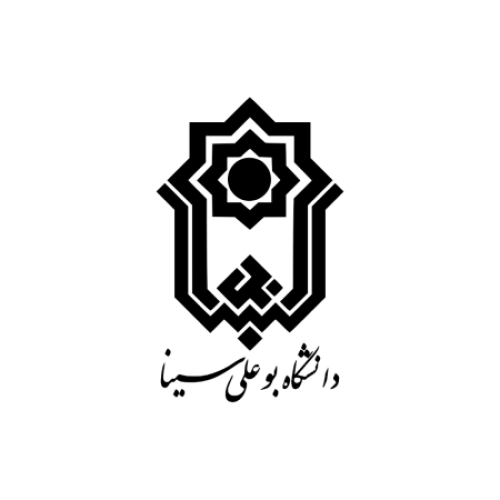
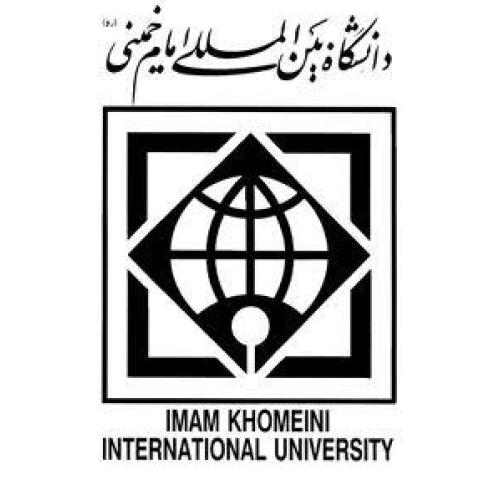
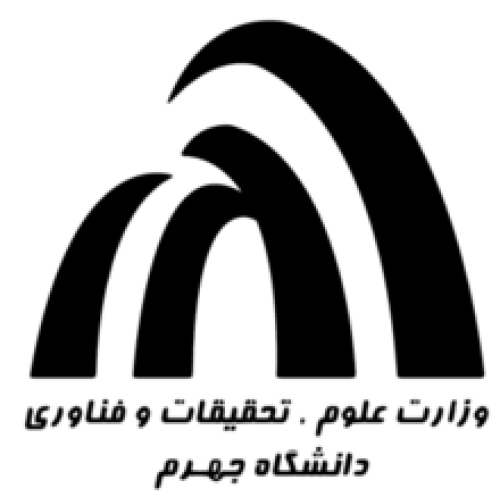
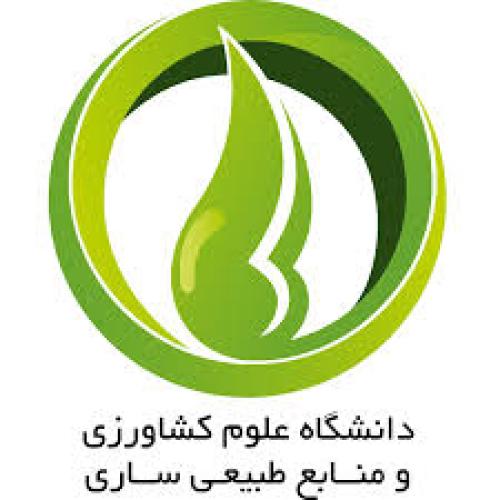
.png)
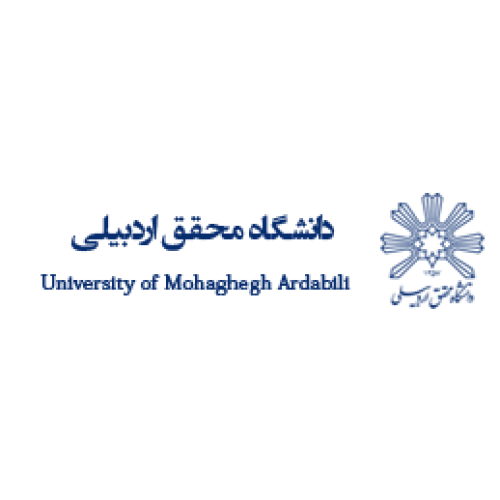
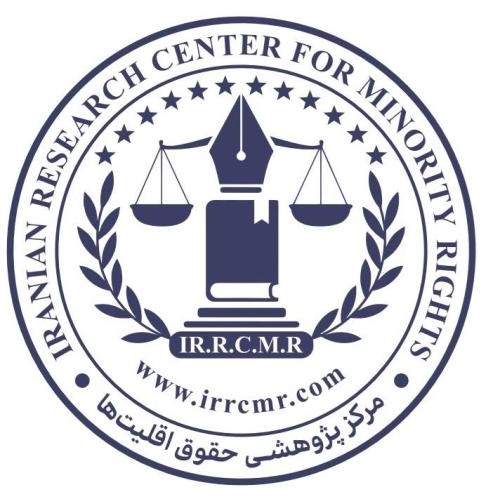
.jpg)
